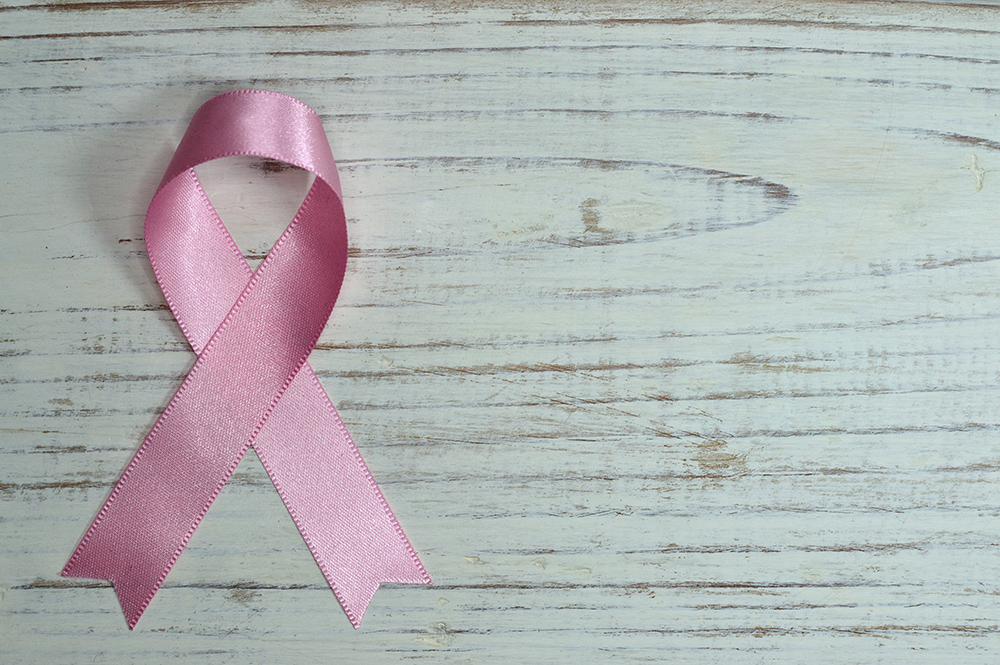October is National Breast Cancer Awareness Month, an annual worldwide campaign organized by major breast cancer charities to raise awareness, offer support, and to encourage research into its cause, prevention, diagnosis, treatment, and cure.
Studies show that women in the U.S. who live to the age of 80 have a one in eight chance of developing breast cancer during their lifetime. Data from the National Cancer Institute shows that half of those diagnoses will occur in women aged 65 and older.
For women with a first-degree relative (sister, mother, or daughter) diagnosed with breast cancer, the risk is doubled, according to Breastcancer.org. The risk of developing breast cancer soars to five times higher than average for women with two first-degree relatives who have been diagnosed.
How can older women increase the odds that they will remain breast-cancer free—or that they will beat the disease if diagnosed?
Be physically active. Current guidelines recommend physical activity for at least 150 minutes per week. But recent studies have shown that postmenopausal women who exercise twice as much—300 minutes per week, or about 42 minutes a day—were much more successful at reducing fat levels linked to developing breast cancer in later life.
Maintain a healthy weight. Being overweight can boost the risk of developing many types of cancers, including breast cancer, especially after menopause.
Don’t smoke. Smoking increases older women’s chances of acquiring health conditions that are the leading causes of death in the U.S.: heart disease, stroke, and at least 15 types of cancer, including breast cancer.
Avoid post-menopausal hormones. Contrary to medical advice women were given for years, most doctors now advise women who take post-menopausal hormones to continue the treatment for as short a time as possible. Ask your doctor about the risks and benefits of post-menopausal hormones for you.
Get screened. Despite some controversy, studies show that breast cancer screening with mammography can help find cancer early—when it’s most treatable. For women who are age 55 and over, mammograms are recommended every other year, although women can choose to have them every year.
Know the risk factors. There are a number of breast cancer risk factors that women cannot control. Knowing which ones apply to you can help you understand your own risk. The following list of factors can increase a woman’s chances of developing breast cancer. (Keep in mind that most women who have one or more of these risk factors never develop breast cancer.)
• Age 60 years or over
• Family history of breast cancer
• First menstrual period before age 12
• Menopause at age 55 or over
• First childbirth after age 35
• No children
• Tall height (5-foot-8 or taller)
• Dense breasts
• History of benign breast disease (like atypical hyperplasia)

